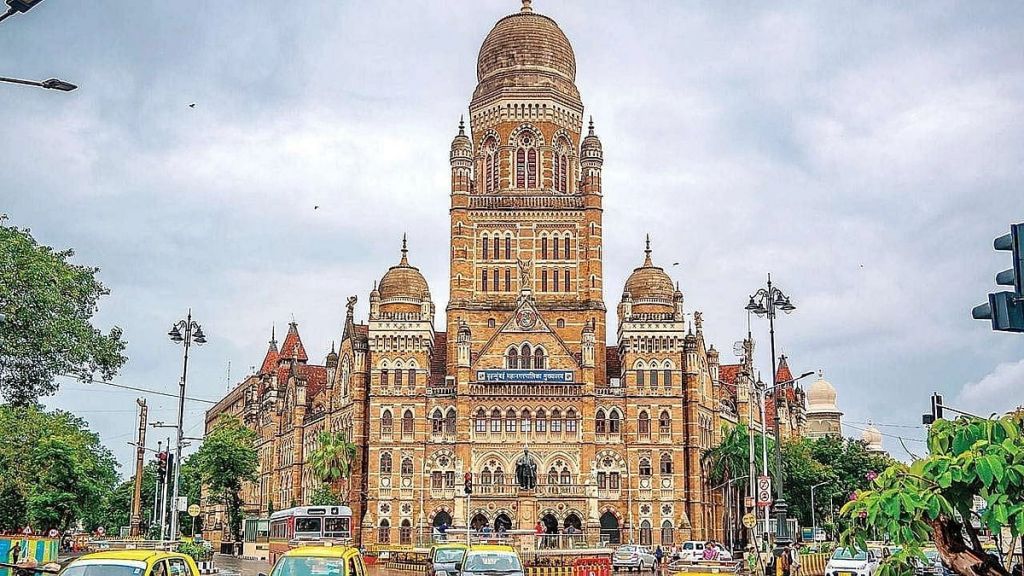
Mumbai: The BMC's recent announcement to implement a 'Universal Footpath Policy' has been welcomed by citizens as well as organisations advocating for the rights of disabled people. However, activists point out that while the policy is a positive step towards improving accessibility, several key aspects need to be addressed for it to truly succeed in making the city walkable and inclusive for everyone.
Arman Ali, Executive Director of National Centre for Promotion of Employment for Disabled People (NCPEDP) said, "It is heartening to see Maharashtra embracing accessibility with initiatives that go beyond symbolic inclusion and address the last-mile challenges faced by Persons with Disabilities. The Universal Footpath Policy, more than accessibility, is a welcome move by the state government towards social, economic, and political inclusion—the constitutional guarantees that have long been denied due to inaccessible infrastructure."
Vedant Mhatre, project manager at the Walkability Project said, "The BMC introduced pedestrian-first policy in 2016, in 2023, the BMC had published the Universal Footpath policy following up the earlier policy. But the effectiveness of the current policy will be limited unless the BMC focuses on key areas. To ensure its success, administrative restructuring is needed, along with sufficient manpower for proper implementation. Additionally, critical issues such as hawker management and parking regulation must be addressed."
Vinod Gholap from the Fight for Right Foundation said, "In the past, the BMC has made similar promises in civic budgets, yet many footpaths are still encroached upon, and some are even missing. To make this policy work, the BMC will need to allocate enough resources, staff, and training to ensure it is properly implemented across the city."
In its budget for the fiscal 2025-26 the BMC has made a provision of Rs. 100 crores for implementing the policy to make the city more pedestrian-friendly and disabled-friendly. While presenting the budget Municipal Commissioner Bhushan Gagrani said, "The walkability of Mumbai’s footpaths is gaining attention as the city improves its infrastructure. Key factors include footpath condition, width, safety, accessibility, and regular maintenance. Pedestrian-friendly footpaths promote health, reduce vehicle dependency, and ease traffic congestion. The BMC is focused on creating livable, accessible spaces for all, including differently-abled individuals. To support this, a policy has been proposed for Mumbai, aiming to enhance the city's walkability and safety for everyone."
Meanwhile, the policy specifies that footpaths should be continuous and connected on both sides of the road. The kerb height should not exceed six inches to ensure ease of access, especially for wheelchair users and senior citizens.
A minimum width of 1.2 meters should be maintained for wheelchair accessibility, and 1.5 meters for two-way pedestrian traffic, with exceptions allowed under restrictive conditions. The policy aligns with standards set by the Indian Roads Congress (IRC) to improve footpath design and quality.